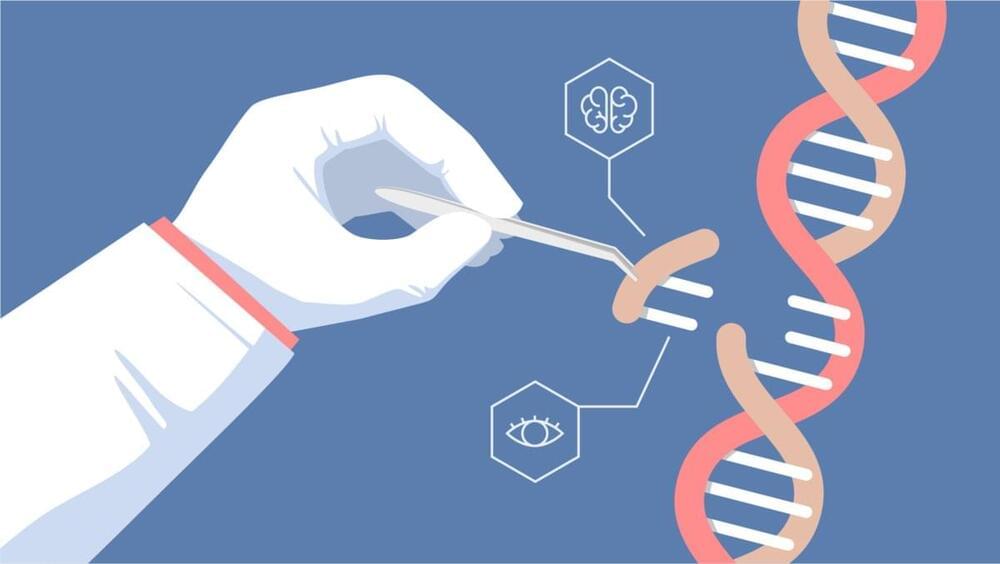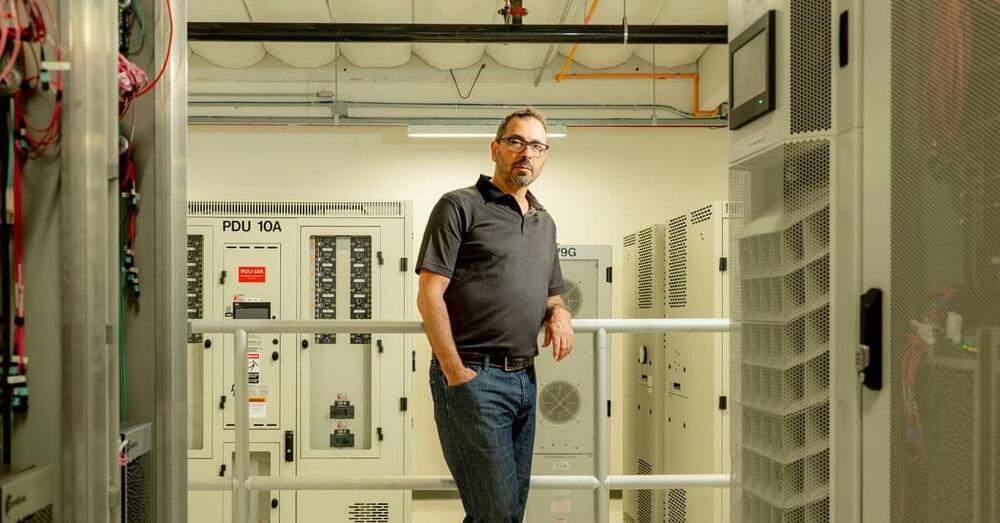During routine navigation in daily life, our brains use spatial mapping and memory to guide us from point A to point B. Just as routine: making a mistake in navigation that requires a course correction.
Now, researchers at Harvard Medical School have identified a specific group of neurons in a brain region involved in navigation that undergo bursts of activity when mice running a maze veer off course and correct their error.
The findings, published July 19 in Nature, bring scientists a step closer to understanding how navigation works, while raising new questions. These questions include the specific role these neurons play during navigation, and what they are doing in other brain regions where they are found.








